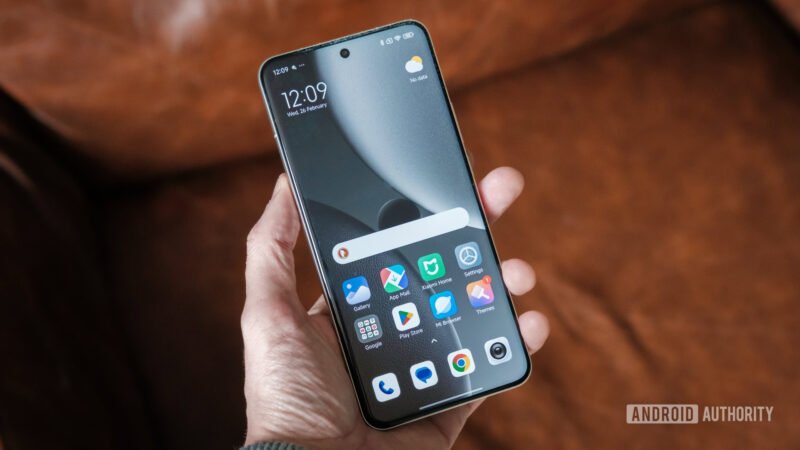Essential Insights
-
Market Shift: Leading smartphone manufacturers like HONOR, HUAWEI, and Xiaomi are increasingly opting for in-house protective glass solutions over Corning Gorilla Glass, primarily driven by the need for innovative materials that meet specific design requirements, especially for curved-screen smartphones.
-
Cost vs. Performance: While some assume this shift is about cost-cutting, brands like HONOR indicate their custom glass solutions, such as NanoCrystal Shield, are more expensive to produce than older Gorilla Glass variants, countering the notion that these in-house options are purely budget-friendly.
-
Durability Insights: HONOR and Xiaomi claim their proprietary glass technologies offer improved drop resistance over conventional tempered glass, although comparisons with the latest Gorilla Glass variants, like Gorilla Armor, remain inconclusive.
- Consumer Considerations: While Apple, Google, and Samsung continue to use Gorilla Glass for their flagship devices, the protective capabilities of in-house glass appear competitive for durability, suggesting consumers may not need to shy away from phones without Gorilla Glass, provided they’re informed about the specific glass technology used.
Phone Makers Ditch Gorilla Glass: What Does It Mean for Consumers?
In recent years, smartphone manufacturers have begun transitioning away from the beloved Gorilla Glass. While brands such as Apple and Samsung still rely on Corning’s iconic protective glass, others like HONOR and Xiaomi have explored in-house alternatives. This shift raises a significant question: Why are phone makers changing their strategies?
One reason lies in the cost. Corning’s Gorilla Glass commands a premium price, pushing some brands to seek cost-effective solutions. HONOR, for example, developed its own glass-ceramic protection called NanoCrystal Shield due to a lack of suitable commercial options for curved screens. This decision was not solely about cutting costs; it was born from necessity.
Moreover, HONOR continues to use Gorilla Glass on its budget devices, reserving its advanced solutions for flagship models. Meanwhile, Xiaomi has introduced its Shield Glass technology, emphasizing improved user experience through better durability and performance. Both companies showcase their innovations while still honoring traditional options for more affordable devices.
It’s important to evaluate how these new materials compare to Gorilla Glass. HONOR claims its NanoCrystal Shield features superior drop resistance through a unique nanocrystal structure, making it more resilient than older Gorilla Glass variants. Xiaomi states that its Shield Glass offers enhanced protection against both scratches and drops, although direct comparisons with Corning’s latest products remain limited.
While these in-house solutions show promise, questions linger regarding their performance against Gorilla Armor, Corning’s latest technology renowned for its added durability. In contrast, many brands still emphasize the need for superior protection, indicating that the fight for the best screen technology continues.
Consumers may wonder if they should consider phones without Gorilla Glass. Current offerings suggest that many in-house solutions offer comparable durability to older Gorilla Glass variants. As new materials emerge, it appears that the quest for improved protection drives innovation in the market.
Ultimately, both established names and newer players are committed to enhancing device durability. Whether through Gorilla Glass or original designs, consumers can expect ongoing advancements in how smartphones resist damage. As technology evolves, so does the landscape of mobile protection, promising exciting new developments for the future.
Continue Your Tech Journey
Learn how the Internet of Things (IoT) is transforming everyday life.
Discover archived knowledge and digital history on the Internet Archive.
GadgetsV1

